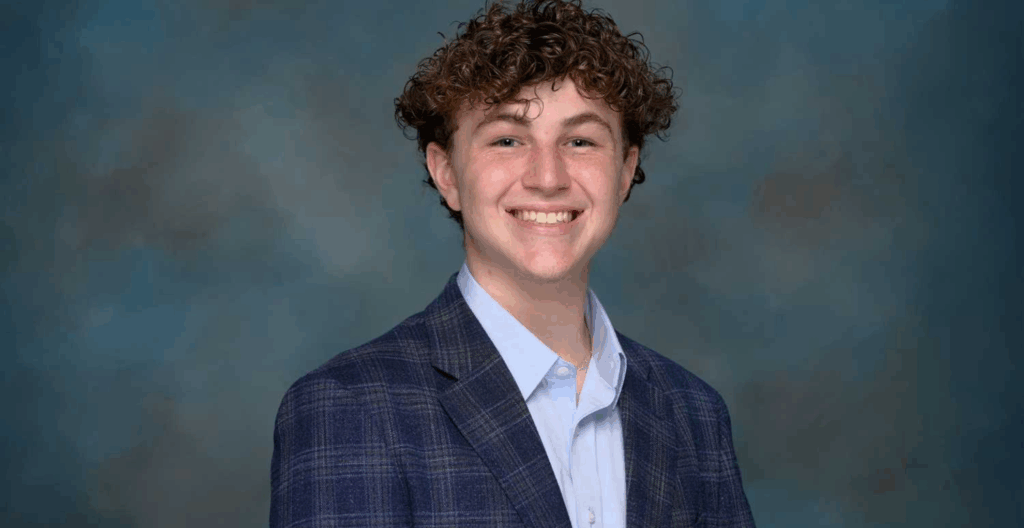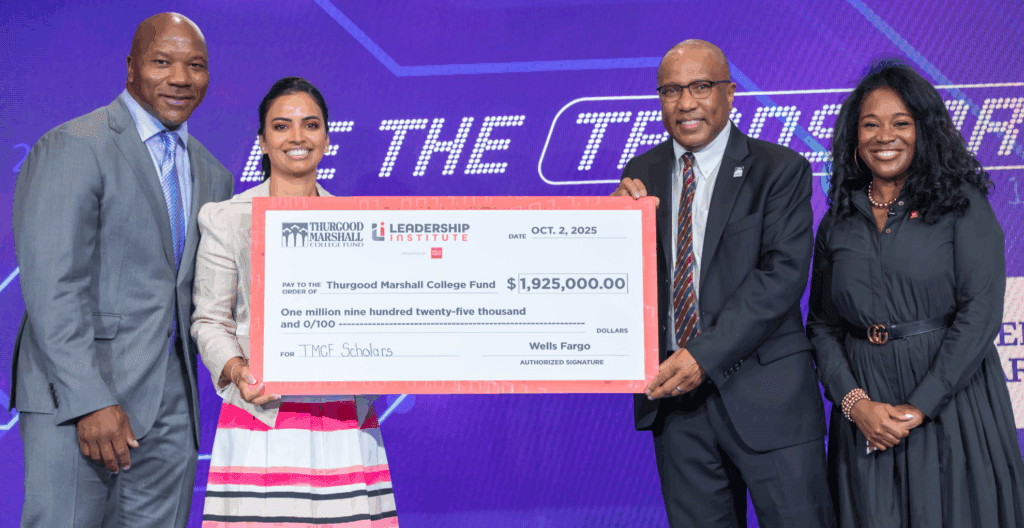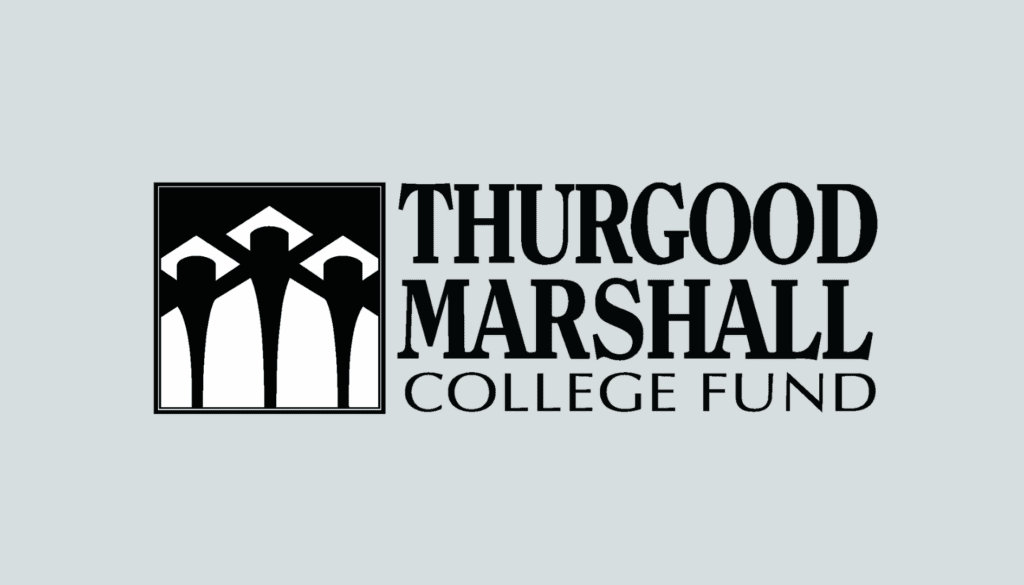An alumnus of the Thurgood Marshall College Fund (TMCF) member school Winston-Salem State University received the Lifetime Achievement Award from the Association of Women’s Health, Obstetric and Neonatal Nurses (AWHONN). The award is AWHONN’s most prestigious honor and a testament to the value of an education from one of the nation’s publicly supported historically Black colleges and universities (HBCUs).
Dr. Clifton J. Kenon Jr., a ranking career member in the Office of the Administrator of the United States Agency for International Development (USAID), is the award’s first male and millennial recipient. He’s worked at USAID for more than a decade and currently leads strategic and transformational global initiatives that empower self-determination, dismantle barriers to opportunity and equip organizations and foreign affairs professionals to engage authentically on critical global issues.
“Receiving the Lifetime Achievement Award at 37 is both humbling and monumental,” Kenon said. “It’s a recognition that goes beyond personal achievement—it reflects the power of representation, resilience and the community that has supported me.”
Kenon said he’s been a member of AWHONN since he was 19 or 20 years old and the organization has been a cornerstone in his professional development.
He said nursing is not just a career, but it’s in the fabric of who he is.
“From the moment my third-grade teacher—a Winston-Salem State University alumna—looked at me and declared, ‘A nurse you shall be,’ the seed was planted,” Kenon said. “As a young African American boy growing up in rural North Carolina, I found myself surrounded by people who believed in me and wrote my dreams in the sky, holding that vision high for me to see.”
Kenon said nursing is a profession that has taken him everywhere, from bedside care in rural America to policy rooms in global health, where he influences decision-making at the highest levels.
Growing up in rural America influenced Kenon to contribute to his field and advocate for equitable health care.
“I witnessed the harsh realities of healthcare inequity and the social determinants of health,” he said. “This firsthand experience instilled in me a deep understanding of the urgent need to address these disparities.”
Dr. Leslee Battle, dean of the Winston-Salem State School of Nursing, said Kenon’s dedication to his studies and passion for nursing were evident from the beginning and he has a notable ability to bridge gaps in healthcare delivery through education and community involvement.
“Dr. Kenon’s contributions to society are truly commendable,” Battle said. “His work in women’s health and neonatal nursing has had a significant impact, particularly for marginalized communities. He is a role model for aspiring healthcare professionals and a testament to the positive change that dedicated individuals can bring to society.”
Kenon’s early life in southeastern North Carolina was heavily influenced by HBCU graduates.
“My third-grade teacher was an alumna of Winston-Salem State University, as were my fourth-grade teacher, high school librarian and high school English teacher,” Kenon said. “The majority of the educated African Americans I encountered in my life were HBCU graduates, and they embodied excellence, resilience and pride in their alma maters.”
Along the way, Kenon received an education in the power of HBCUs through these influential figures in his life.
“The educators in my life conveyed the message that an HBCU education was not only a path to personal success, but also a way to join a legacy of change-makers who have left an indelible mark on the world,” Kenon said. “Their influence, combined with the rich history of HBCUs, solidified my decision to attend Winston-Salem State University—a choice I’ve cherished every day since.”
He said he knew where he was supposed to be from the moment he arrived at orientation. Kenon also said he hasn’t missed a WSSU homecoming since he graduated despite living several hours away.
“As I learned about the extraordinary accomplishments of alumni and the history of the university, I realized I wasn’t just attending a school—I was joining a legacy,” Kenon said. “Every detail, from the culture on campus to the traditions, confirmed I had found a place that would not only educate me but shape me into the person I was destined to become.”
Kenon is also adamant about giving back to the institution.
“Dr. Kenon has maintained a strong connection with his alma mater through various initiatives,” Battle said. “He served as the chair of the WSSU Nursing Alumni Association for several years and is currently serving as the chair of the Division of Nursing’s Advisory Board. Dr. Kenon returns to serve every year during the week of homecoming when he has an opportunity to share his wealth of knowledge with currently enrolled students in nursing and health sciences as he participates in alumni events, offers guest lectures and mentors current students.”
He’s also a lifetime member of the National Alumni Association, has served as an adjunct faculty member and on various university committees.
Through his experiences, Kenon has become an advocate for his alma mater for HBCUs.
“Attending an HBCU is not just about earning a degree—it’s about stepping into an experience that will transform you academically, socially and personally,” he said. “HBCUs foster a community that celebrates your individuality while challenging you to grow into the best version of yourself.”
Kenon said he encourages those considering an HBCU education to visit campuses, attend events like homecomings and talk to alumni.
“If you missed the opportunity to attend an HBCU as an undergraduate, consider them for graduate or terminal studies,” he said. “HBCUs are for everyone who seeks to be part of a community that values excellence, equity and service. These institutions have changed countless lives, including my own, and I am committed to ensuring their legacy endures for generations to come.”



